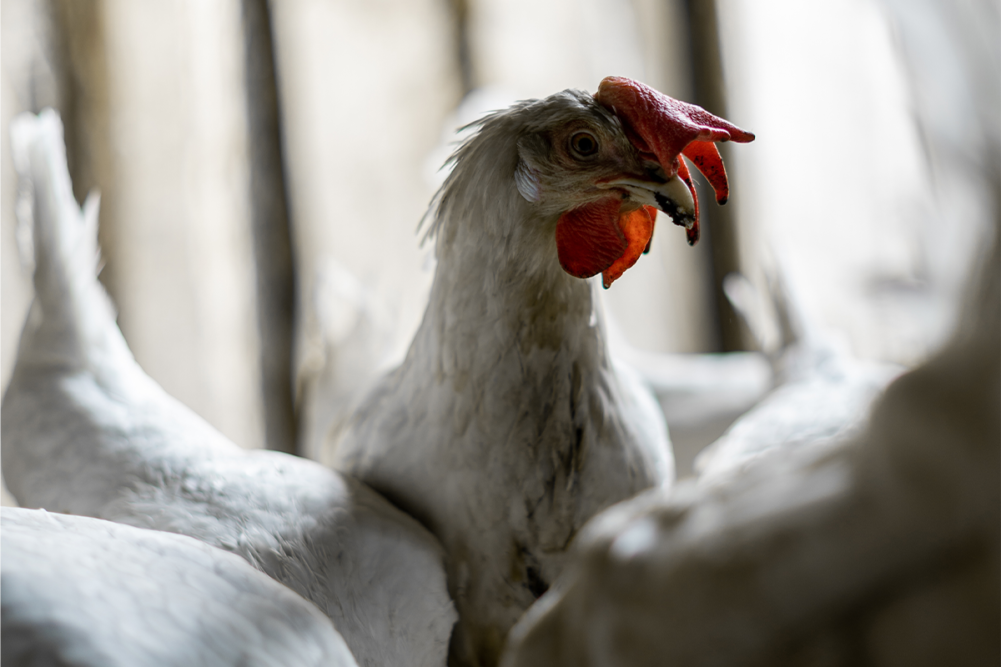WASHINGTON — The National Chicken Council (NCC) added its voice to the mix of industry members commenting on the US Department of Agriculture’s proposed rule, “Fair and Competitive Livestock and Poultry Markets.” On Sept. 9, NCC strongly urged the USDA’s Agricultural Marketing Service (AMS) to withdraw its proposed rule, which the group believes contains “many flaws and costs.”
“Worse than a solution in search of a problem, the proposed rule would cause widespread confusion and inflict staggering costs on the meat and poultry industries, ultimately to the detriment of American consumers,” said Gary Kushner, NCC interim president.
NCC argued that the rule is an attempt to step around established judicial precedent requiring proof of injury to competition to sue and win under the Packers and Stockyards Act (PSA), Section 202(a) or (b). The rule is an overstep of AMS’s authority, claimed NCC.
Kushner pointed out that all eight different federal circuit courts of appeal that have considered the issue have unanimously concluded that PSA Section 202(a) and (b) violations require a showing of injury to competition.
If the rule is approved, NCC predicts costs incurred by the industry will be much higher than the agency anticipates due to potential litigation costs as a result of the policy change.
“This proposed rule is ill-advised, unconstitutionally vague, would inflict billions of dollars of economic harm on American agriculture, line the pockets of plaintiffs’ lawyers, and increase costs for consumers who are already struggling with inflation in most of their everyday lives,” Kushner concluded.
NCC’s full comments are available here.
The group’s opposition to the rule follows that of the Meat Institute, which also submitted comments on Sept. 11. The Meat Institute agreed that the proposal appears to be an attempt to circumvent Congress and would lead to an increased amount of litigation costs.
USDA first proposed the rule in June 2024. The rule sought to provide clarity around the interpretation of “unfair” as it appears in the PSA. The definition would be used for the USDA, courts and private parties to better determine what conduct the PSA prohibits, according to the agency.




